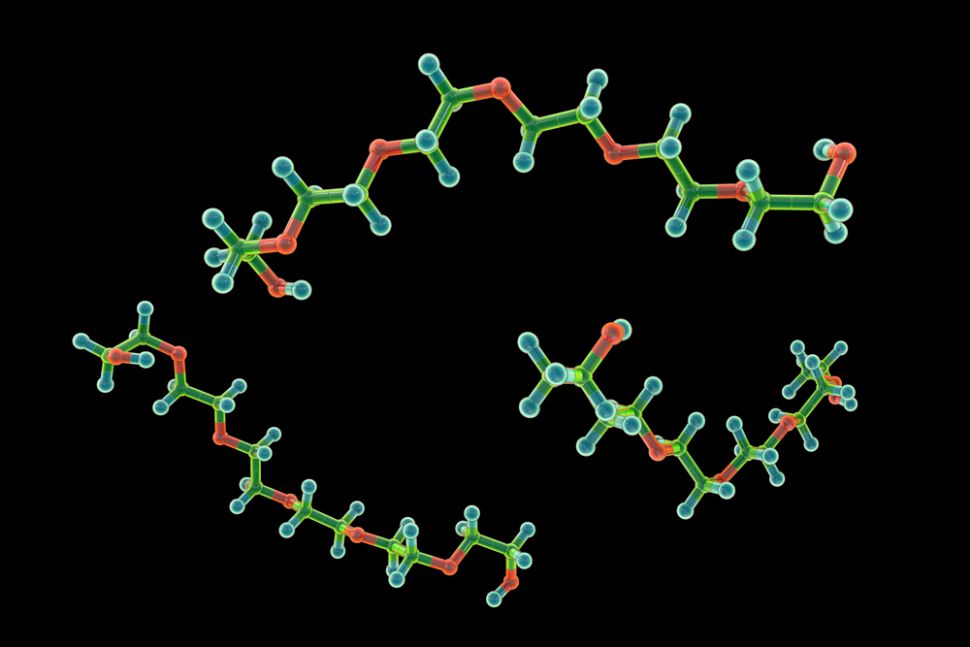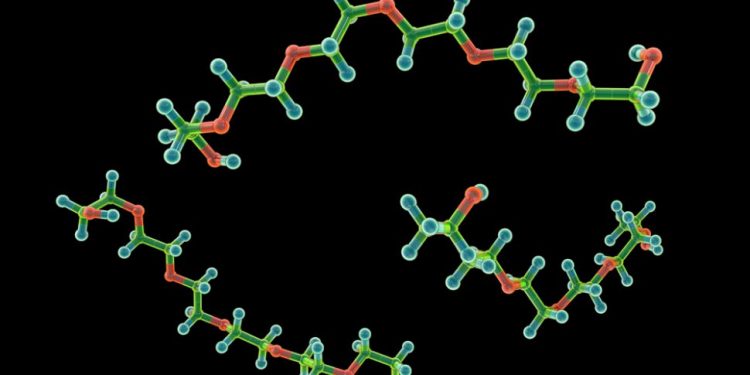Glycosylation is the process by which sugar molecules are attached to proteins (glycoproteins) or lipids (glycolipids). It is a natural process that plays a significant role in numerous functions throughout the body.
Incorrect glycosylation can cause many symptoms, including neurological problems, growth problems, organ issues, endocrine abnormalities, skeletal and joint problems, hematologic concerns and more. People with disorders of glycosylation may have multiple symptoms, depending on the type of disorder and the individual’s unique genetic makeup.
N-and O-glycosylation deficiency
N- and O-glycans are multisugar structures that are attached to most protein molecules, and are present on all tissues and organs. These glycans are produced by a series of reactions that require three cellular compartments: the cytoplasm, the endoplasmic reticulum (ER) and the Golgi apparatus.
The synthesis of N-glycans involves the assembly of an array of sugar chains (nucleosides and monosaccharides) followed by a series of hydrolysis and oxidation steps. These steps are usually carried out by a number of enzymes. These enzymes are found in the ER and the Golgi, but they can also be located in other locations within cells, as well as outside of them.
These glycoproteins are essential for normal cell function, and they are critical to development and differentiation. They are involved in a wide variety of biological processes, such as cell movement and transport, cell division, tissue repair and regeneration, and the synthesis of hormones and other chemicals.
In addition, N-glycans are involved in the chemistry of blood cells and other body fluids. They play an important role in the formation of antibodies, and they are essential for immune responses to infections.

Disorders of glycosylation are a group of rare diseases that affect the way in which proteins and lipids are attached to each other, a process called glycosylation. The disorder is caused by mutations in one of about 130 genes.
The first known disease was described in 1980, when Belgian researchers identified two 2-year-old twin sisters who had psychomotor retardation, delayed bone growth and fluctuating levels of glycoprotein hormones. Several other patients with deficient glycosylation of transferrin were later identified. They were diagnosed with CDGS-Ia and named after the protein phosphomannomutase 2 (PMM2).
PMM2-CDG, also called congenital disorder of glycosylation type Ia, is an inherited disease that can cause a number of problems, including muscle weakness, seizures and cholestatic liver disease. In some people, the condition is so severe that they die before birth or during childhood.
Some people with disorders of glycosylation have other problems, such as high cholesterol, liver problems and low blood sugar. These other problems can cause severe complications that are difficult for the person with the CDG to deal with.
About 10% of people with disorders of glycosylation have a related form of autism spectrum disorder (ASD). This is another group of problems that can cause difficulties with social interactions and other aspects of behavior.
Symptoms of these other disorders can include a wide range of problems, such as low intelligence, difficulty with communication, poor motor skills and learning disabilities. Some people with these disorders are severely disabled, while others have relatively normal cognitive abilities.









